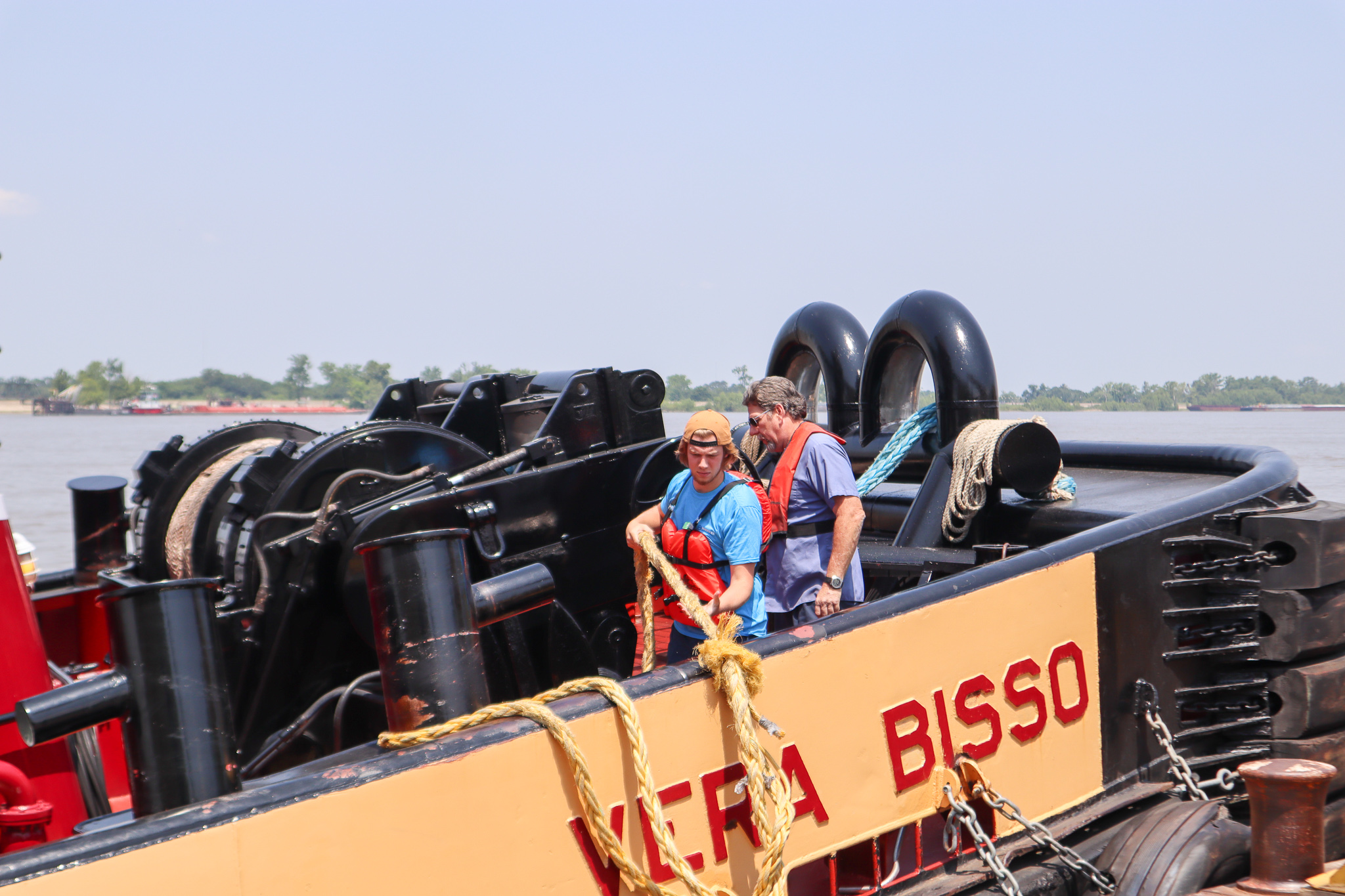Jobs in the inland industry are often physical, get-your-hands-dirty kind of work. Now the American Waterways Operators, which represents the tug and barge industry, wants people to know that toiling on a tug or towboat can actually be quite cool.
Facing one of the tightest labor markets in recent memory, the industry is looking for innovative ways to attract new workers and retain those already onboard. In mid-August AWO launched the “Coolness Factor” campaign, which highlights the many unique and unusual things that the industry does beyond hauling traditional commodities like soybeans, steel and coal.
“Many Americans, including potential employees, have no idea what barges and towing vessels do that affects their everyday lives for the better, or what a great place to make a career this industry can be,” said Jennifer Carpenter, AWO president and CEO. The Coolness Factor campaign “aims to catch people’s attention and entice them to take a deeper look, at an industry that does amazing things every day.”
The campaign began hitting the major social media outlets in mid-August with photos and short profiles of unusual jobs taken on by tug and barge companies across the U.S.
This summer, for example, Canal Barge Co. donated time and resources to move a restored PT-305 World War II patrol torpedo boat back to the National WWII Museum in New Orleans. Museum staff and volunteers had restored and rebuilt the vessel over a decade and relocated it a few miles away to Lake Pontchartrain, where it offered tours and rides to the public. When the museum decided to bring it back to the museum for permanent display, it called on Canal Barge to organize the move.
Meanwhile, Vane Brothers recently donated a retired 120-foot VB-1 water barge to the Ocean City Reef Foundation to create an artificial reef, and a barge from Hughes Marine Firms hosted a concert on New York City’s East River by Colombian reggaeton singer J Balvin last September.
AWO continues to seek material from the industry highlighting “cool” things they have done on the waterways to include in the campaign.




